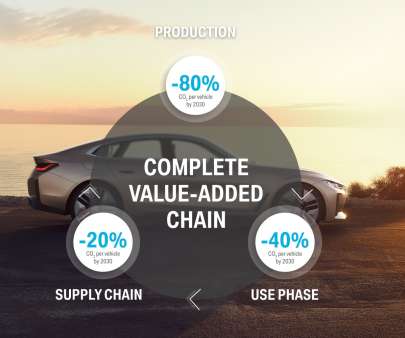US House Members Introduce Bipartisan Disapproval Resolution to Block EPA Regulation of GHG; Mirrors Murkowski Resolution
Green Car Congress
FEBRUARY 27, 2010
When Congress passed the Clean Air Act, it never gave EPA the explicit authority to regulate greenhouse gas emissions for the purpose of stopping global climate change. Executive branch agencies, like EPA, carry out the laws passed by Congress. But, that is exactly what EPA has proposed to do.













Let's personalize your content